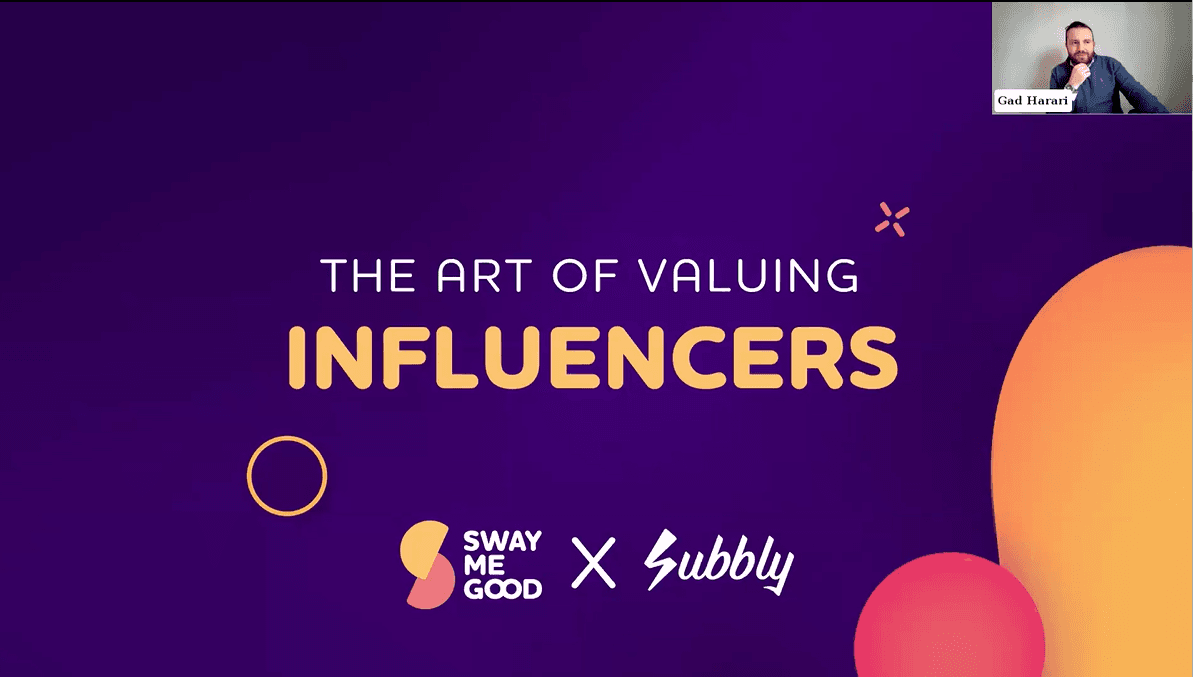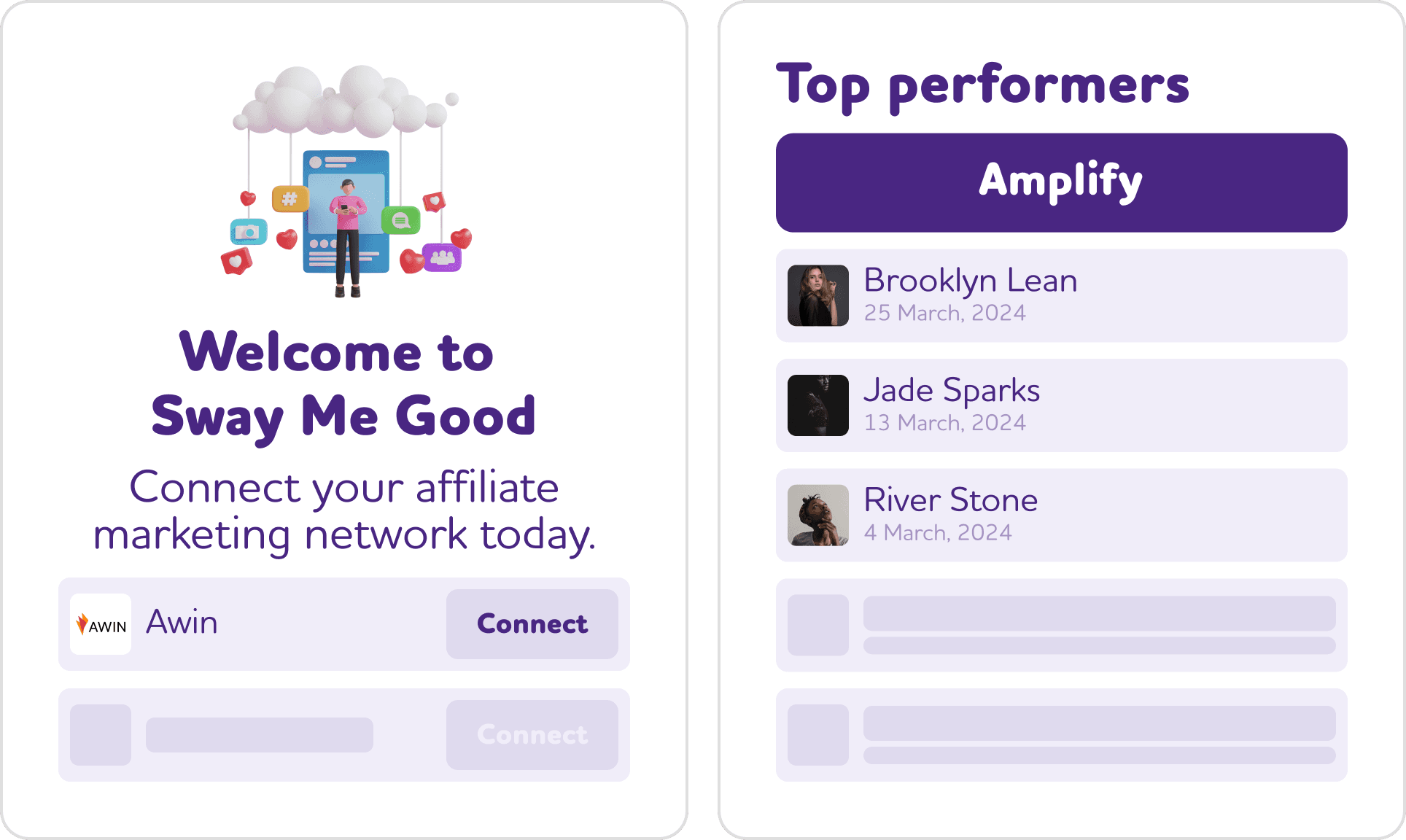14 November, 2024
Overview of Influencer Marketing
Influencer marketing makes advertising feel more personal, a feat other channels struggle to accomplish. This is also why regulatory bodies have set out rules: to protect consumers from being misguided or advertised to unwillingly by their peers.
The Advertising Standards Authority's Committee of Advertising Practice (ASA CAP) in the UK and the Federal Trade Commission (FTC) in the USA have established rules that influencers, brands, and agencies must adhere to when collaborating to avoid misleading their audiences.
In practice, influencer marketing can be confusing and time-consuming, and regulation can seem intimidating. Not diligently following advertising rules puts your brand at serious risk of litigation, fines, and brand damage.
In this blog, Sway Me Good has outlined the critical points of influencer marketing advertising standards, focusing on the rules and regulations that govern the industry in the UK and the USA. This guide is essential to review if you run campaigns without a robust influencer marketing software.
UK Advertising Standards (ASA CAP)
The United Kingdom has established a framework for regulating advertising practices, ensuring that all promotional content, including that produced by influencers, adheres to high ethical standards. The primary body overseeing these regulations is the Advertising Standards Authority (ASA), which works closely with the Committee of Advertising Practice (CAP), which both set the rules below.
Transparency and Disclosure
Influencers must disclose any commercial relationships they have with brands. This includes using hashtags such as #ad, #sponsored, or phrases like "in partnership with" to indicate that a post is part of a paid promotion.
Truthfulness and Non-Misleading Content
All claims made by influencers must be honest and not mislead their audiences. Influencers should not make exaggerated claims about a product's effectiveness or benefits without substantial evidence to back them up.
Appropriate Targeting
Influencers must ensure their content is appropriate for their audience, particularly regarding age-restricted products like alcohol, gambling, or specific financial services.
Privacy and Data Protection:
Influencers must respect the privacy of their audience and adhere to data protection laws, ensuring they do not misuse personal data collected through their platforms.
Examples of ASA Enforcement in Influencer Marketing
The ASA has taken several notable actions to enforce its regulations:
Celebrity Influencer Sanctions
In 2019, the ASA sanctioned several high-profile celebrities for failing to disclose their commercial relationships clearly. These cases highlighted influencers' need to adhere to transparency guidelines regardless of their fame.
Misleading Health Claims
The ASA has also cracked down on influencers promoting health products with unsubstantiated claims. For example, an influencer promoting a detox tea with claims of weight loss without credible evidence was ordered to remove the misleading content.
Age-Restricted Content
The ASA took action against influencers who promoted age-restricted products to underage audiences. This included instances where influencers failed to use appropriate age-gating measures on social media platforms.
USA Advertising Standards (FTC)
The Federal Trade Commission (FTC) regulates influencer marketing in the US and has established guidelines to help influencers and advertisers navigate the complex digital marketing landscape.
The FTC's primary concern is that consumers are aware when viewing paid content. The key regulations for influencer marketing include the following:
Disclosure Requirements
Influencers need to disclose their relationships with advertisers when collaborating, and they must do so clearly. This can be done through hashtags like #ad, #sponsored or by explicitly stating the partnership within the content.
Truth-in-Advertising
All endorsements must reflect the influencer's honest opinions, findings, beliefs, or experiences. Any claims made about a product must be substantiated and not misleading.
Material Connection
A material connection between the endorser and the marketer that might affect the weight or credibility consumers give the endorsement must be disclosed. Material connections can include monetary payment, free products, or other incentives.
Clear and Conspicuous Disclosures
Disclosures should be easily understood and noticeable by the average consumer. They should not be buried in hashtags, links, or other obscured areas of the post.
Examples of FTC Enforcement in Influencer Marketing
The FTC has acted against influencers and brands for failing to comply with advertising standards. Some notable examples include:
Lord & Taylor:
In 2016, the FTC settled charges with Lord & Taylor for failing to disclose that 50 fashion influencers were paid to wear and post about a specific dress on Instagram. The influencers did not disclose their compensation, leading to misleading endorsements.
Caitlyn Jenner and Kris Jenner:
In 2020, the FTC sent warning letters to Caitlyn Jenner and Kris Jenner, among other celebrities, for not disclosing their material connections to brands in their social media posts.
Warner Bros. Home Entertainment:
The company settled charges with the FTC for failing to adequately disclose that it had paid influencers to promote a video game. The influencers were required to post positive reviews, which they did without proper disclosure.
Compliance Tips for Influencers
Influencers can ensure they remain compliant with most ASA & FTC regulations in both the UK & US by following these best practices:
Be Transparent:
Always disclose any material connections with brands. Use unambiguous language to inform your audience about your relationship with the brand.
Use Clear Hashtags:
If using hashtags to disclose a partnership, ensure they are easily understood. For instance, #ad or #sponsored are straightforward, while #ambassador or #partner might not be as clear to all consumers.
Place Disclosures Prominently:
Disclosures should be placed where they are hard to miss. For example, in a video, verbal disclosures should be made at the beginning and end. In a post, the disclosure should be in the first few lines.
Honest Endorsements:
Ensure that any claims made about a product are truthful and based on your genuine experience. Do not make claims that you cannot substantiate.
Stay Updated:
The digital marketing landscape is dynamic and continuously evolving. Regularly check the FTC & ASA guidelines and updates to stay compliant with any new regulations or changes.
It is important to note that both brands and influencers can be liable in the eyes of authorities – so ensure that you have a strong brief, payment terms subject to a robust contract, and a guide at hand for compliance.
You can explore our features and solutions or book a demo.
This article is for reference purposes only. It does not constitute legal advice and should not be relied upon as such. Specific legal advice about your specific circumstances should always be sought from a legal counsel separately.

New
20 min
The Art of Valuing Influencers
Support for various content types such as articles, blogs, videos, and more. Rich text editor with formatting options for enhanced.

Gad
May 14, 2024

New
20 min
The 20 Best Influencer Marketing Agencies in the UK (2024)
Support for various content types such as articles, blogs, videos, and more. Rich text editor with formatting options for enhanced.

Gad
7 April, 2024

New
20 min
Top 7 Strategies to Scale Influencer Marketing in Agencies
Support for various content types such as articles, blogs, videos, and more. Rich text editor with formatting options for enhanced.

Gad
30 July, 2024





